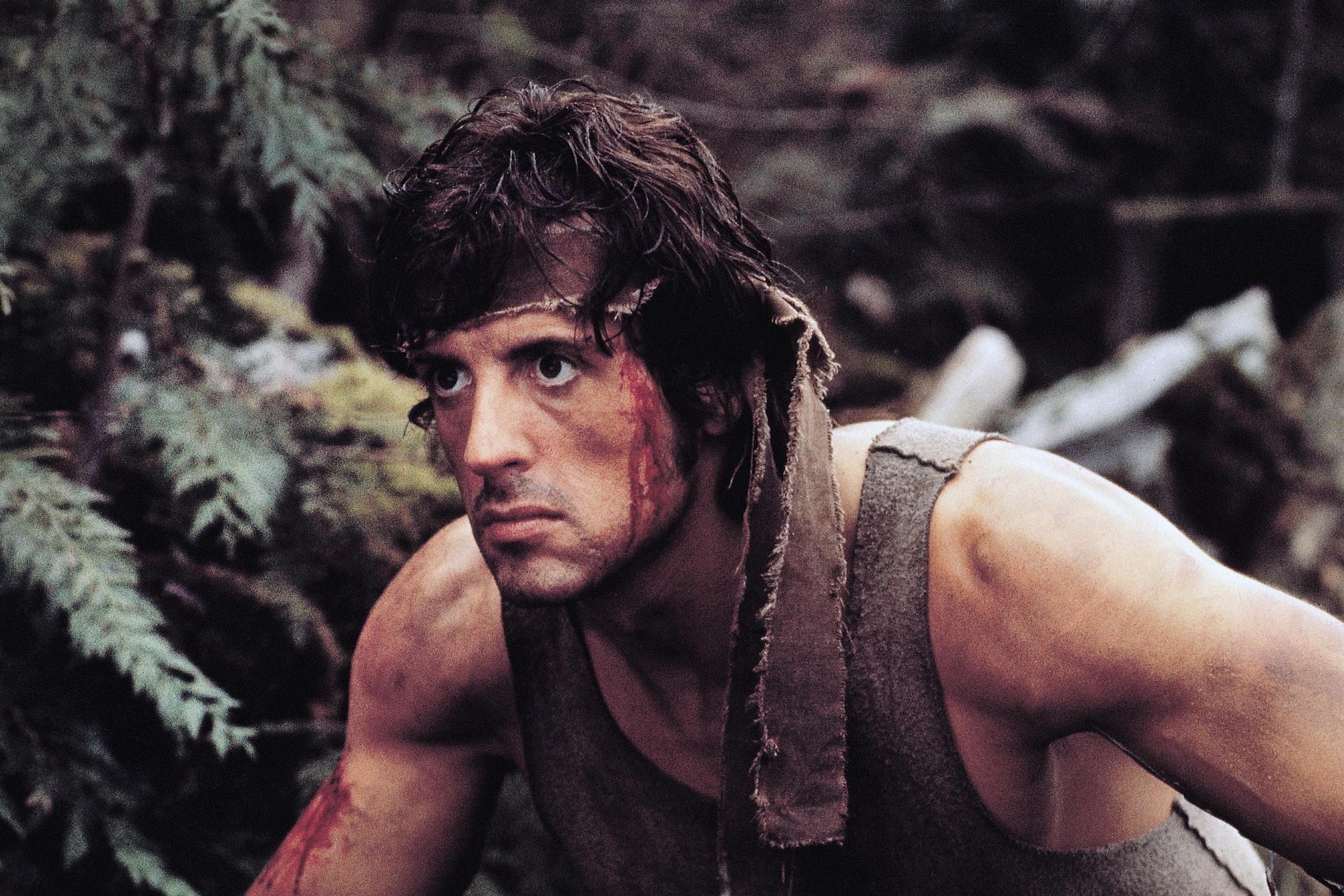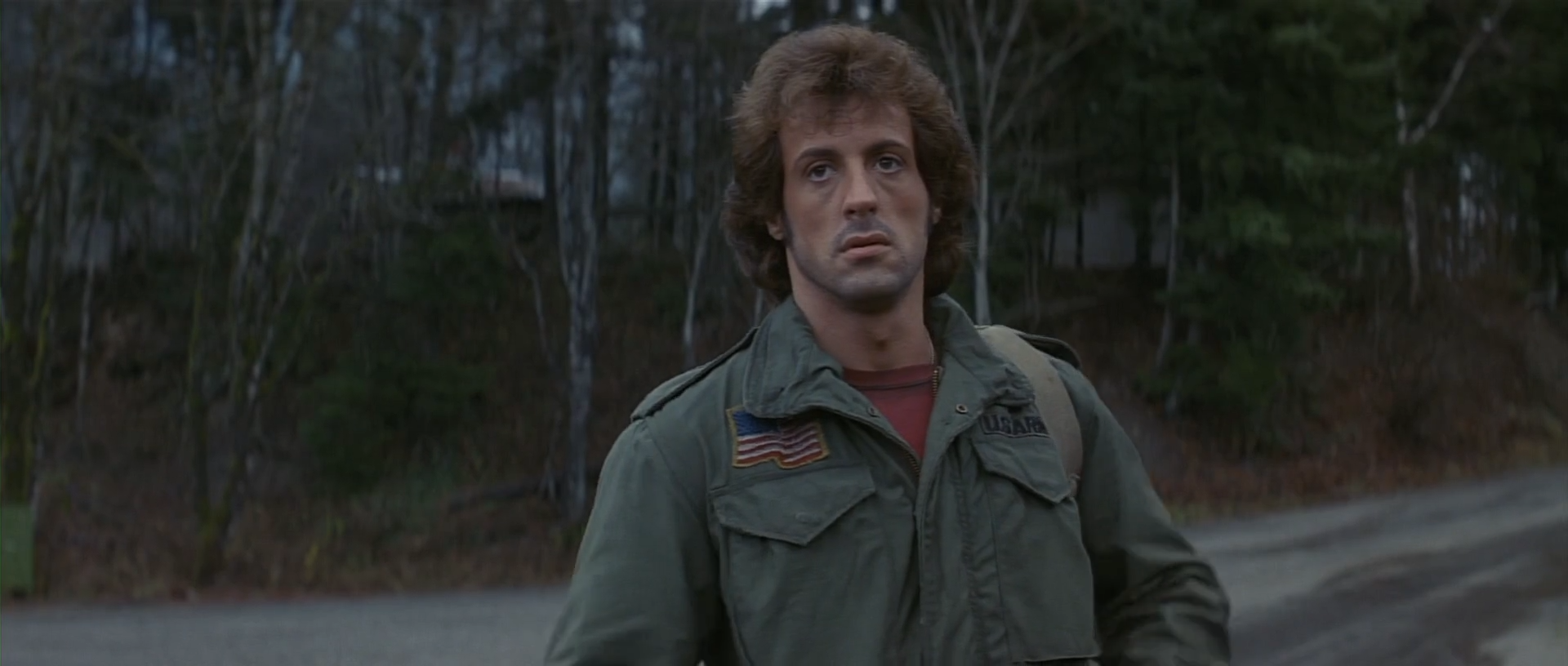First Blood (1982), directed by Ted Kotcheff, is the explosive action thriller that introduced the world to John Rambo, an iconic character portrayed by Sylvester Stallone. Far more than just a high-octane action film, First Blood is a gripping psychological drama about a Vietnam War veteran who becomes the target of a small-town manhunt, revealing the deep scars of war and society’s failure to understand its soldiers.
Plot Summary
The film begins with John Rambo, a quiet and solitary drifter, arriving in the small town of Hope, Washington, in search of a fellow veteran. After learning of his friend’s death, Rambo tries to move on, but his presence unsettles the town’s sheriff, Will Teasle (Brian Dennehy), who arrests him on trumped-up charges. The mistreatment Rambo suffers in custody triggers traumatic memories of his time as a prisoner of war in Vietnam.

Pushed past his breaking point, Rambo escapes into the surrounding wilderness. Using his elite survival and combat skills, he evades a full-scale manhunt launched by the sheriff and the National Guard. As the pursuit intensifies, Rambo becomes a one-man army, forcing the authorities to confront the consequences of their own aggression.

Themes and Impact
First Blood is not just about action and survival; it’s a powerful commentary on the alienation and mistreatment of war veterans. Rambo’s fight is symbolic—he battles not just his pursuers, but also the emotional scars left by war and rejection. Sylvester Stallone delivers a raw, unforgettable performance that blends physical intensity with emotional depth, creating one of cinema’s most enduring characters.
The film’s gritty realism, breathtaking wilderness cinematography, and tight direction create a tense atmosphere that keeps audiences on edge. Its success led to the creation of a global franchise, but First Blood stands apart as the most emotionally charged and character-driven entry in the Rambo saga.
Conclusion
With its mix of action, emotion, and social commentary, First Blood remains a timeless classic. It’s a story of survival, injustice, and resilience—a film that introduced a cinematic legend and sparked a franchise, while still standing on its own as a powerful exploration of a broken man’s fight to be seen and heard.